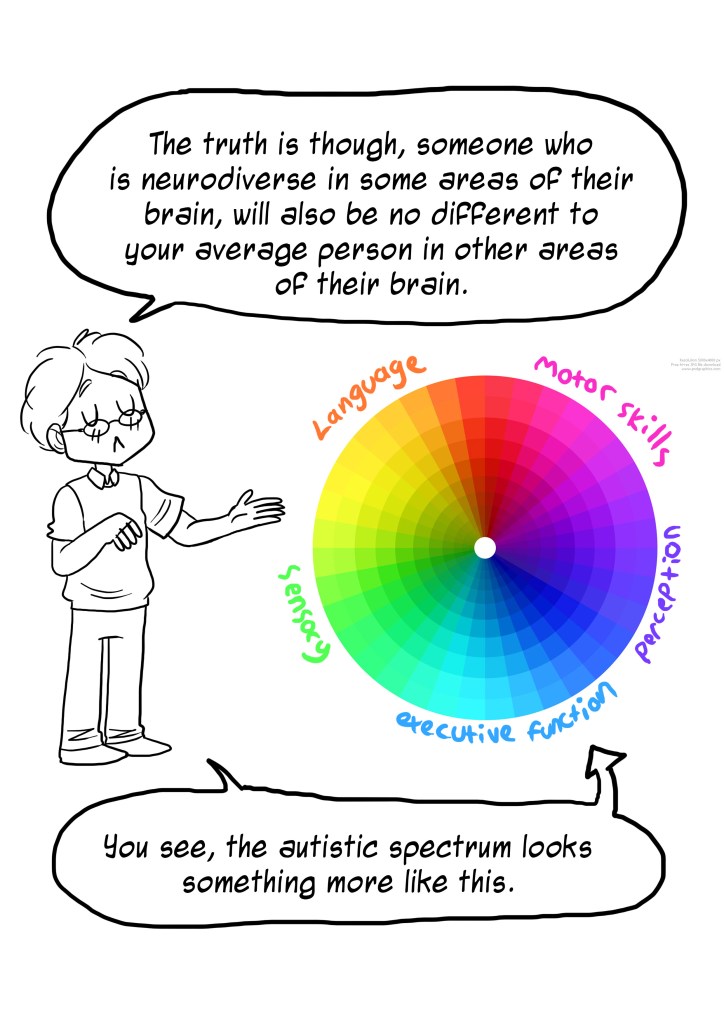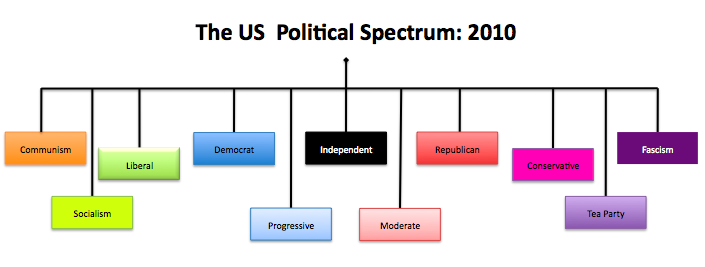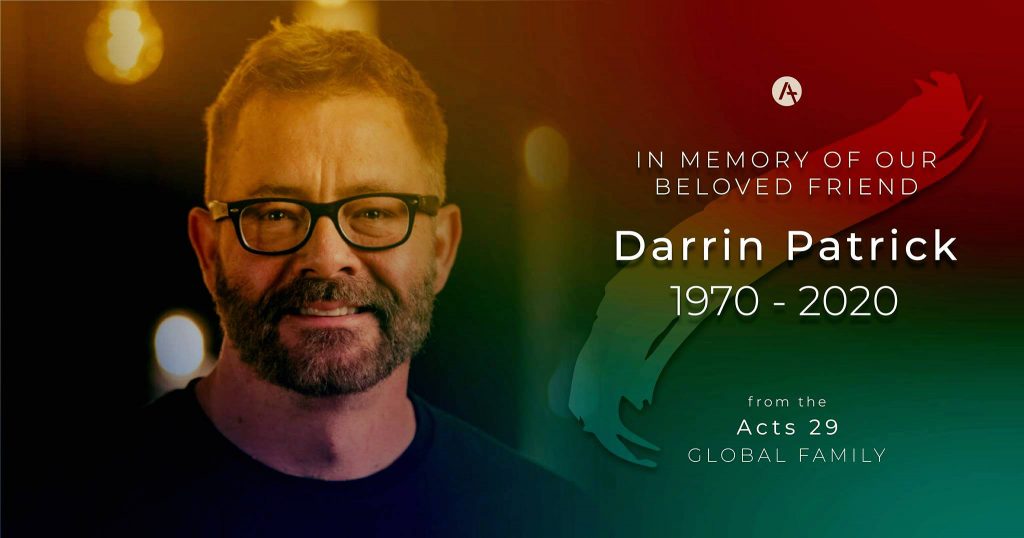In the 19th Century, Postmillennialism dominated the American mind simply because life was going well: The New World was expanding. It was good overall. Social well-being became more comfortable. Reform and growth was prevalent in life.
Scripture was viewed through the lens of political optimism.
When the turn of the century came along, Scripture came alive regarding wars and rumors of wars, nations and kingdoms rising up against kingdoms, famine, and earthquakes in various places, life waxing worse and worse (Matthew 24:6-8; 2 Timothy 3:13).
Pessimistic eschatologies began pushing optimistic worldviews from view.
Scripture was viewed through the lens of political pessimism.
Scripture falls prey to the echo-chamber of the prevailing political worldview.
Let me connect this discussion back to my initial point in my previous two posts: People view Scripture from within the echo-chamber of political standpoints. However, the political expressions have roots within the exact same thinking (although expressed differently)–i.e. Marxist ideology. Marxism has dominated our thinking. We do not understand nor realize the extent to which we think within Marxist thought.
In his systematic theology, Evangelical Theology: A Biblical and Systematic Introduction, Michael Bird explains the thinking and problem Charles Hodge (December 27, 1797 – June 19, 1878) had in his approach to theology:
Establish theology as science.
-> Show that theology has a scientific method.
->Define theology and show its necessity.
->Criticize competing options.
-> Establish bases for beliefs.
Bird writes, “Hodge imbibes several modernist impulses even when his theology is defined over and against Modernity. … The problem is, that they allowed Modernity to define the rules of the game. They enabled Modernity to set the agenda for theology, including its beginnings, task, and method. They also ran the risk that the failings of Modernity with its claim to unbridled access to absolute truth could also become the failings of Christian theology. By showing that the Word of God aligned with ‘reason,’ they were in the end subjecting the Word of God beneath reason.”
Now, let me reword Bird’s explanation and apply it to our current political ideology.
Non-Marxists imbibe several Marxist impulses even when their politics are defined over and against Marxism. … The problem is, they allow Marxism to define the rules of the game. They enabled Marxism to set the agenda for politics, including its beginnings, task, and method. They also run the risk that the failings of Marxism with its claim to unbridled utopia could also become the failings of any political camp in the linear political spectrum. By showing that their non-Marxist ideology is aligned with non-Marxist thought, they were in the end subjecting their political position beneath Marxism–because they still think within the Marxist ideology of a linear political spectrum.
The Gospel steps in and shatters the political spectrum in pieces, and the next parts of this series will explore this in more detail.




